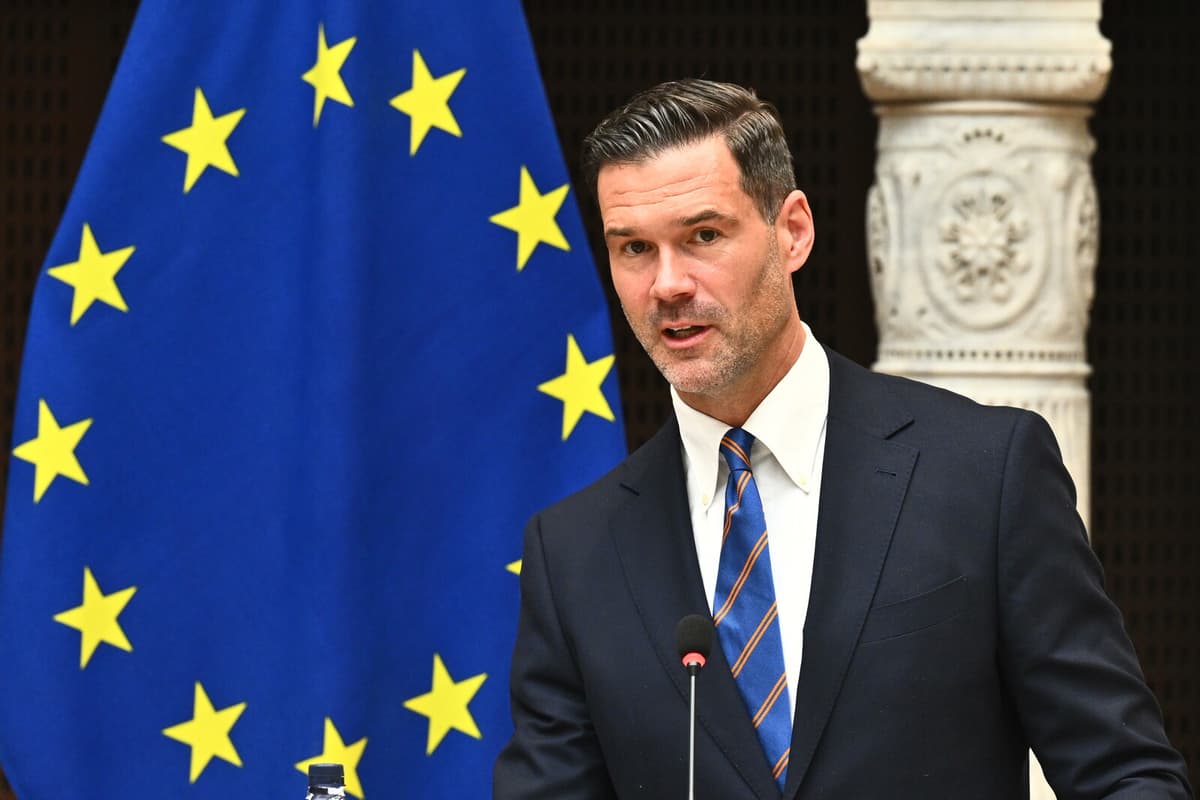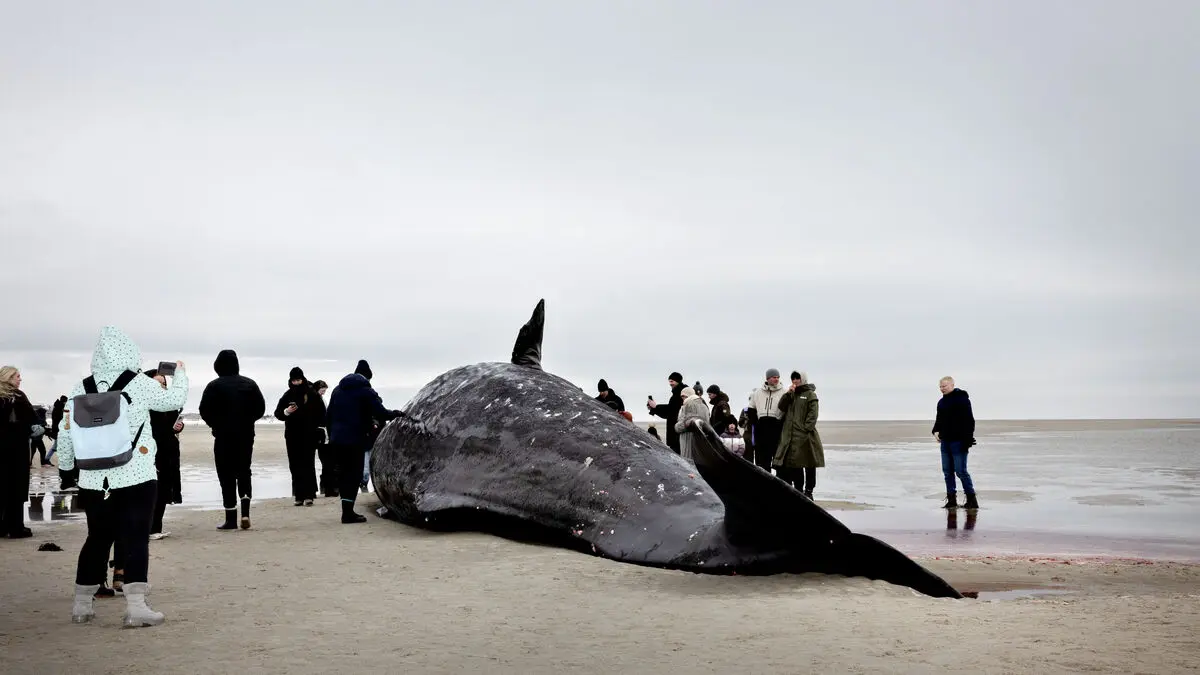The EU is closely monitoring the situation in the Middle East and following any potential refugee flows, but at present, no signs are seen that many more are fleeing the region, according to EU Commissioner Magnus Brunner, responsible for internal and migration issues.
The situation between Israel and Iran worries us a lot, it is on the agenda every day. But it is more of a security issue at present, he says during a visit to Stockholm.
"Tight asylum policy"
According to Migration Minister Johan Forssell, the situation may cause a new wave of refugees to Europe.
There is a risk, one should not downplay it. Therefore, it is important that we hold on to this and do not repeat the mistakes from 2015, but that we maintain a continued tight asylum policy.
Advertisement
The government is prepared if the situation worsens, he says.
A clear priority for us is that we, from Sweden's side, cannot receive large groups of people. It simply does not work, then one has to find other types of solutions.
Instead, the EU should focus on support in the region, establish safe zones and help with aid, according to Forssell.
Return to Syria
The government is also pushing for more people to return to Syria after the Assad regime has fallen. And the migration minister does not see at present that the situation between Iran and Israel will have any consequences for Syrian citizens in Sweden to return.
If the development in Syria continues to go in the right direction, and I think one can say that, the sanctions have been lifted today, for example, then it is clear that it will become relevant for people who are in Sweden to travel home. Then one no longer has a legal right of residence.
Sweden has today around 20,000 return cases regarding Syria, according to Forssell.
The Swedish government has also sent a letter ahead of Denmark taking over the presidency of the EU at mid-year, where one emphasizes that an EU-common plan is needed for the return to Syria.






